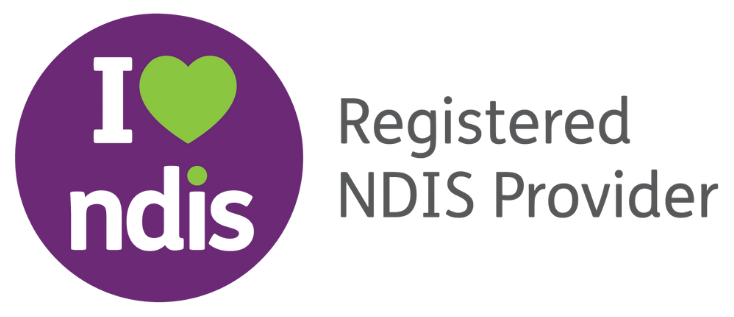What Is Dementia?
Dementia isn’t a single disease but a collection of symptoms caused by disorders affecting brain function. It impacts memory, decision-making, communication, and the ability to complete everyday tasks. While dementia most commonly affects older adults, it is not a normal part of ageing.
Common Types of Dementia
- Alzheimer’s Disease – The most common type, causing memory loss, confusion, and difficulty with daily tasks.
- Vascular Dementia – Caused by reduced blood flow to the brain, often after strokes. It affects problem-solving and decision-making.
- Lewy Body Dementia – Includes symptoms like hallucinations, movement difficulties, and fluctuating cognitive abilities.
- Frontotemporal Dementia – Primarily affects personality, behaviour, and language rather than memory.
Each type of dementia presents differently, making early identification and tailored support essential.
Recognising the Stages of Dementia
Dementia progresses in stages, and recognising these changes can help caregivers provide appropriate support.
- Early Stage (Mild Dementia) – Individuals may experience occasional forgetfulness, difficulty with complex tasks, and mild confusion. They can still live independently but may need help with planning and organisation.
- Middle Stage (Moderate Dementia) – Memory loss becomes more noticeable, communication becomes more challenging, and behavioural changes may emerge. Assistance with daily activities such as dressing and hygiene is often required.
- Late Stage (Severe Dementia) – In this advanced stage, individuals often require full-time care. They may lose the ability to communicate, struggle with mobility, and become entirely dependent on caregivers for daily needs.
Understanding these stages helps families and carers prepare for changes and provide compassionate, informed care.
Get Your Free Dementia Support Guide
Caring for someone with dementia requires knowledge, patience, and the right approach. That’s why we’ve put together a free handout to help caregivers, families, and support workers feel more confident in providing care.
Inside, you’ll find:
- A breakdown of dementia types and symptoms
- Communication strategies for effective support
- Practical tips for managing daily care
- How to handle behavioural challenges
- Ways to create a safe and supportive environment
Download Your Free Copy Today!
Simply fill out a quick form to access the guide and gain valuable insights into dementia care.
Providing the right care starts with the right knowledge. Let’s work together to support those living with dementia.


